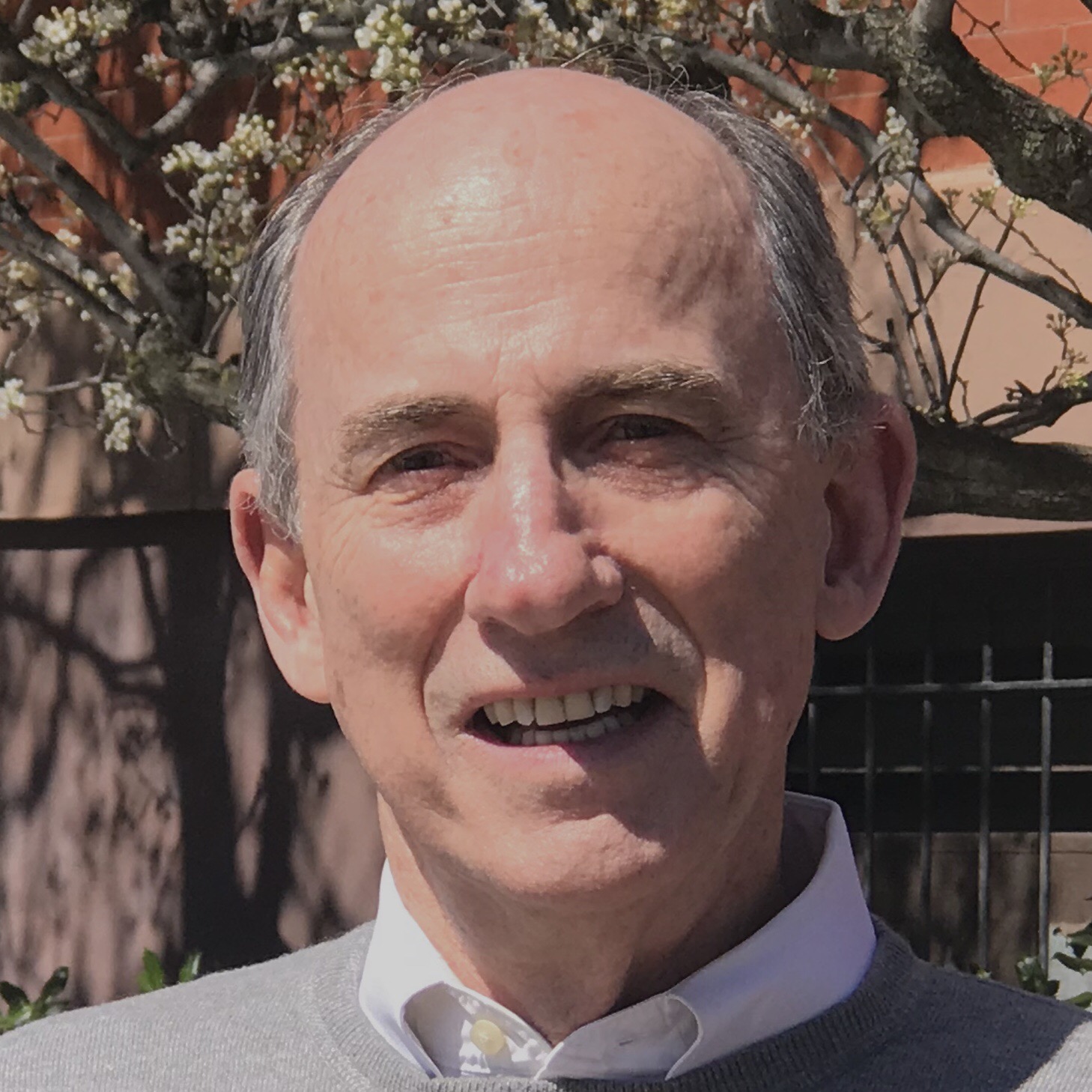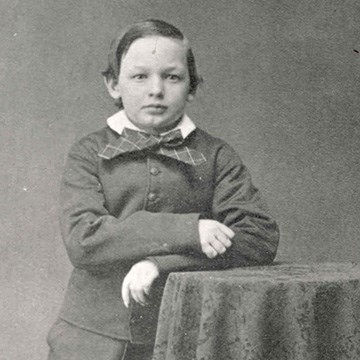Taylor Swift Weighs in on Abraham Lincoln
- John O’Brien

- Aug 3, 2024
- 4 min read
By John A. O'Brien
Denver, Colorado
August 3, 2024
Country and pop star Taylor Swift has long shown her appreciation for Abraham Lincoln.
August 3 is the anniversary over a decade ago of her Speak Now tour date in Washington, D.C., at Verizon Center (now Capital One). After a long day of preparing and performing for enthusiastic fans, the one thing Swift wanted to do in that early morning after work was visit the Lincoln Memorial. There is not much visitor traffic in the Memorial after midnight, and in the solitude, Swift and her three friends were able to take a souvenir photo (shown below) which she tweeted to her millions of followers at about 2 a.m.
“After the show, we went to see Abe,” she wrote, and it was “pretty magical!” The visit made up for her having missed past opportunities because of work. “It was my first time seeing the Lincoln Memorial,” she wrote. Swift volunteered that she had “missed the school trip in 8th grade cause I had a show.”

For the 150th anniversary of the Gettysburg Address in 2013, film maker Ken Burns asked every American to video themselves reciting the speech. From the submissions, he put together a beautiful “mashup” of prominent people each reading a single line of Lincoln’s masterpiece. Taylor sent in her entry, and from that, Burns selected Swift reading, “It is altogether fitting and proper that we should do this.” It is a great indicator of the young star’s prominence that in reporting on the film, the ABC News headline on November 13, 2013, read “Taylor Swift and All Five Living Presidents Recite the Gettysburg Address.” The talented young lady got top billing again, this time over Lincoln’s elected successors. (See the video at https://www.youtube.com/watch?v=LO-jRBSj6vI).
Swift has worked to advance Lincoln’s commitment to human rights and the proposition that all are created equal. At the beginning of Pride Month in June 2019, Taylor wrote to her Tennessee senator, Lamar Alexander, asking him to support the Equality Act, writing: “Our country’s lack of protection for its own citizens ensures that LGBTQ people must live in fear that their lives could be turned upside down by an employer or landlord who is homophobic or transphobic. The fact that, legally, some people are completely at the mercy of the hatred and bigotry of others is disgusting and unacceptable. Let’s show our pride by demanding that, on a national level, our laws truly treat all of our citizens equally.”
The Equality Act has brought Swift to support the Gay & Lesbian Alliance Against Defamation (GLAAD) in this effort. In June 2019, Swift released her single “You Need to Calm Down,” an empowering LGBTQ anthem promoting acceptance and equality, with lyrics including, “Why are you mad when you could be GLAAD?” and “cause shade never made anybody less gay.” The “You Need to Calm Down” video was proclaimed “Video of the Year” at the MTV Video Music Awards in August 2019, and Swift used her speech to bring attention to the Equality Act.
In 2021, Taylor Swift announced her intention to continue to campaign for the Equality bill saying, “I want to take a moment and thank the courageous activists, advocates and allies for their dedication to fighting against discrimination, and hatred. And as always, today I am sending my respect and love to those bravely living out their truth, even when the world we live in still makes that so hard to do.”
The U.S. House of Representatives passed the Equality bill with a vote of 224–206 in February 2021. But by the end of the legislative session the bill had failed to get the 60 votes necessary in the Senate and will need to be reintroduced in a future session.
Swift shares Lincoln’s knack for divining the proximate middle of public views in crafting her lyrical messages. The New York Times reported in February 2024 that her music made her one of the few “artists who formed the ‘happy median’ of musical listening habits of both Democrats and Republicans. According to a 2023 survey reported by the Times, 53 percent of adult Americans consider themselves fans of Swift, ratings higher than those of any recent presidential candidate. Journalist Ellie Austin explained that though Swift is left-aligned (Democrat approval 60%, Republican approval 40%), “some rightists still ‘covet’ her, making Swift a uniting demographic fulcrum that can bridge America's political divide.” Her cachet with the key younger voting group assures that when Swift requests that they register to vote, her fans respond by the tens of thousands.
This all raises the important question of whether Lincoln would be a “Swiftie?” His love of popular music is well established. Lincoln even found himself in trouble for requesting that his friend W.H. Lamon sing a song that would lighten his mood while on a solemn tour of the Antietam battlefield. Popular musicians were fixtures at his White House entertainments. He even snuck off with his young secretaries to attend local cabarets.
Anyone who would help promote his vision of national reconciliation around the theme of greater equality would have had Lincoln’s hearty endorsement. So, it seems likely that our 16th president would also embrace the music of modern America’s most popular songstress and modestly accept the “Swiftie” label.
Even Lincoln’s era has had great appeal to the pop icon. In Swift’s The Tortured Poets Department album, the “I Hate It Here” track reveals her thoughts on a favorite time period. “I’d say the 1830s,” Swift sings, “but without the racists and getting married off to the highest bid.” But she ends the song with a reality check, “nostalgia is a mind’s trick, if I’d been there, I’d hate it, it was freezing in the palace.” In fact, as Newsweek reported on April 23, 2024, the song sparked a backlash from some African Americans who thought it showed a lack of concern for the effects of slavery.
A final thought on her connection with Lincoln is to note that Taylor Swift is descended from Mayflower passenger Richard Warren, as was Union Army commander, Lt. Gen. Ulysses S. Grant.



Comments